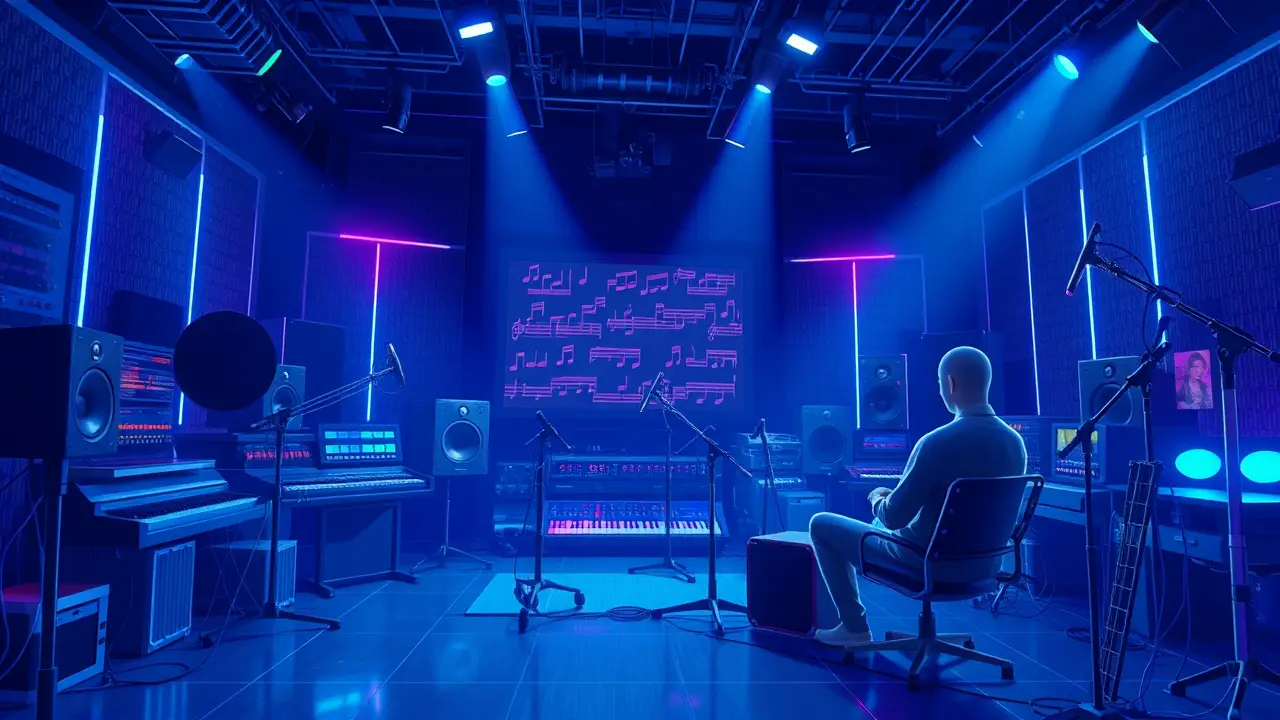
AIgenerative aiAI Tools and Startups
Fitbit's AI Coach Proves Ineffective in User Review
EM
Emily Carter
8 hours ago7 min read3 comments
In the relentless, soul-searching pursuit of personal betterment that defines the modern fitness journey, we often place our trust in digital companions, the sleek wrist-bound coaches that promise to translate our sweat and effort into tangible progress. Yet, a growing chorus of user experience, a quiet murmur of frustration from the tracks and treadmills of the world, suggests that one of the most prominent of these companions, Fitbit's AI Coach, is failing to live up to its promise, proving less a strategic partner and more a forgetful acquaintance.The core complaints are as fundamental as they are damning: the AI consistently forgets user-defined goals, erasing the very benchmarks of ambition it was designed to safeguard, and demonstrates a baffling inability to perform simple arithmetic, notoriously failing to structure workouts that adhere to a basic sub-30-minute time constraint. This isn't merely a software bug; it's a profound failure of understanding, a disconnect between the algorithmic mind and the human spirit it seeks to guide.Consider the athlete, mentally preparing for a grueling marathon, who inputs a goal of a sub-four-hour finish. This isn't just data; it's a dream, a prayer whispered into the circuitry of a device.For the AI to forget this is to forget the 'why' behind every early morning run, every aching muscle—it’s like a legendary coach like Phil Jackson forgetting Michael Jordan’s drive for a sixth championship, reducing the pursuit to meaningless drills. The inability to manage a simple 30-minute workout is equally symbolic.In our time-pressed lives, thirty minutes is a sacred window, a carefully carved-out sanctuary for self-improvement. An AI that cannot respect this boundary, that cannot orchestrate intervals and rests within this framework, is like a conductor who cannot keep time, resulting in a cacophony instead of a symphony of motion.This speaks to a broader crisis in the tech-meets-wellness industry, where the rush to integrate artificial intelligence has often outpaced the development of genuine, contextual understanding. True coaching—the kind that transforms lives—is not about data aggregation alone.It’s about the motivational words of a Steve Prefontaine, the relentless belief of a Cus D'Amato in a young Mike Tyson, the empathetic patience that recognizes when to push and when to rest. It’s the human touch that sees the person behind the metrics.When a runner hits the wall, a real coach doesn't just see a drop in pace; they see doubt, fatigue, a battle of wills. They offer a mantra, a story, a shared memory that reignites the fire.Can an algorithm, in its current form, ever replicate the profound empathy of a coach who has also faced their own walls? The testimonials piling up against Fitbit's AI Coach suggest we are still lightyears away. The consequence of this failure extends beyond mere user inconvenience.It breeds cynicism, eroding the fragile trust we place in technology to augment our human potential. If a device cannot be trusted to remember a goal or count to thirty, how can it be entrusted with the more nuanced aspects of our health and performance? It risks turning a tool of empowerment into a source of frustration, a reminder of the gap between Silicon Valley's promises and the messy, glorious, unpredictable reality of the human body and mind.The path forward requires a fundamental shift. It demands that engineers and product designers spend less time in labs and more time on the trails, in the gyms, and in the quiet moments of post-workout exhaustion, listening to the stories of real athletes and everyday strivers. The next breakthrough in fitness tech won't come from a faster processor, but from a deeper algorithm—one that learns not just our heart rate zones, but our heart's desires, one that can, in its own digital way, remember our dreams and help us structure the time to achieve them.
#featured
#Fitbit
#AI coach
#fitness technology
#product review
#AI failure
#user experience
Stay Informed. Act Smarter.
Get weekly highlights, major headlines, and expert insights — then put your knowledge to work in our live prediction markets.
Related News
© 2025 Outpoll Service LTD. All rights reserved.



